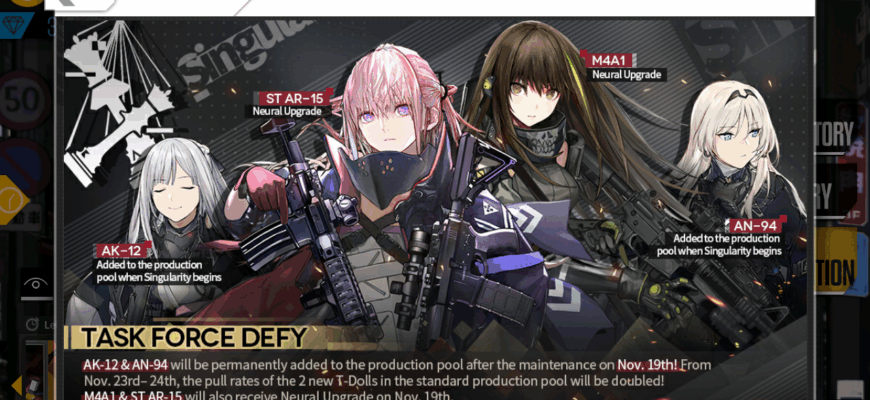In the austere and often grim landscape of conflict zones, where the echoes of battle drown out the mundane rhythms of daily life, an unexpected force frequently emerges: the performing artist. From ancient military camps to modern operational theaters, the presence of musicians, singers, and entertainers has served as a psychological beacon, a brief but potent reminder of home, normalcy, and the human spirit that transcends the immediate reality of war.
A Timeless Tradition: Entertainers in Uniform
The concept of boosting troop morale through entertainment is far from a modern invention. Ancient armies, weary from long campaigns, often found solace in stories, songs, and communal celebrations. Fast forward to more recent history, and the tradition solidifies. During World War I and II, iconic figures like Marlene Dietrich and Bob Hope traveled to the front lines, bringing Hollywood glamour and Broadway tunes directly to soldiers. These weren`t mere publicity stunts; they were vital infusions of culture and camaraderie into environments defined by hardship and peril.
“One might even say that in an age of precision weaponry and high-tech surveillance, the humble ballad remains an unexpectedly potent tool in the psychological arsenal.”
The rationale is elegantly simple: war dehumanizes. It reduces individuals to units, decisions to tactics, and landscapes to targets. Entertainment, conversely, re-humanizes. It reminds soldiers of their identity beyond their uniform, of the families waiting, the cultural heritage they defend, and the simple joys of life temporarily suspended.
The Psychology of a Performance
What exactly happens when a performer takes the stage in a tent, a makeshift hall, or even an open field in a war zone? It`s more than just a diversion. It’s a complex psychological interplay:
- Connection to Home: Familiar songs, jokes, and faces act as a direct link to the world left behind, fostering a sense of continuity and purpose.
- Stress Reduction: Laughter and music are proven stress relievers. Even a temporary escape from the pressures of combat can significantly impact mental well-being.
- Camaraderie: Sharing a moment of joy or reflection with fellow soldiers strengthens bonds and reinforces the collective spirit.
- Validation: The very act of artists traveling to dangerous areas demonstrates a public acknowledgement and appreciation for the soldiers` sacrifices.
It’s a curious irony that amidst the most serious of endeavors – armed conflict – the seemingly trivial act of singing a song or telling a joke can hold such immense strategic value. Perhaps it`s because these moments provide proof that the `normal` world still exists, waiting to be returned to.
The Artists` Perspective: A Different Kind of Bravery
For the performers themselves, undertaking such tours is no small feat. They exchange comfortable concert halls for dusty, unpredictable venues, and adoring fans for weary, battle-hardened faces. Their motivation is often a potent mix of patriotism, empathy, and a profound understanding of their unique ability to contribute beyond direct combat. They become cultural ambassadors, bridges between two starkly different realities.
These artists endure their own set of challenges, from logistical nightmares to the emotional toll of witnessing the conditions faced by troops. Yet, the overwhelming sentiment often expressed is one of deep fulfillment. To see a flicker of recognition, a genuine smile, or a moment of shared humanity in the eyes of a soldier, validates their decision and reinforces the belief in music`s healing power.
Beyond the Stage: Societal Reflection
The phenomenon of artists performing for troops also serves as a barometer for societal sentiment. When a nation mobilizes its cultural figures to support its military efforts, it often signals a unified, or at least a highly encouraged, sense of national purpose and patriotism. These performances become a visible expression of solidarity, reminding both those at the front and those at home of their shared identity and collective aspirations.
In this context, the artist isn`t just an entertainer; they are a symbol. A symbol of resilience, of hope, and of the enduring human need for connection, even when the world around seems determined to tear it apart.
Conclusion: The Unseen Frontline
Ultimately, the story of performers in conflict zones is a testament to the enduring power of culture. It illustrates that morale, often considered an intangible, is a critical component of any military operation. It`s built not just on victories and supplies, but on the quiet moments of shared experience, the familiar melodies, and the laughter that cuts through the tension. These artists, with their voices and their presence, serve on an unseen frontline, reminding us all that even in humanity`s darkest hours, the light of art continues to shine, offering comfort, connection, and a steadfast sense of purpose.








